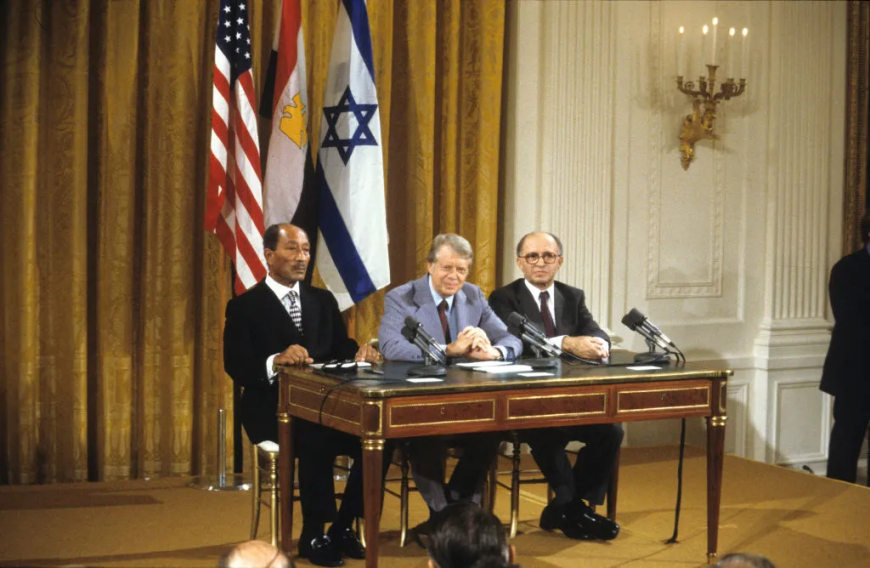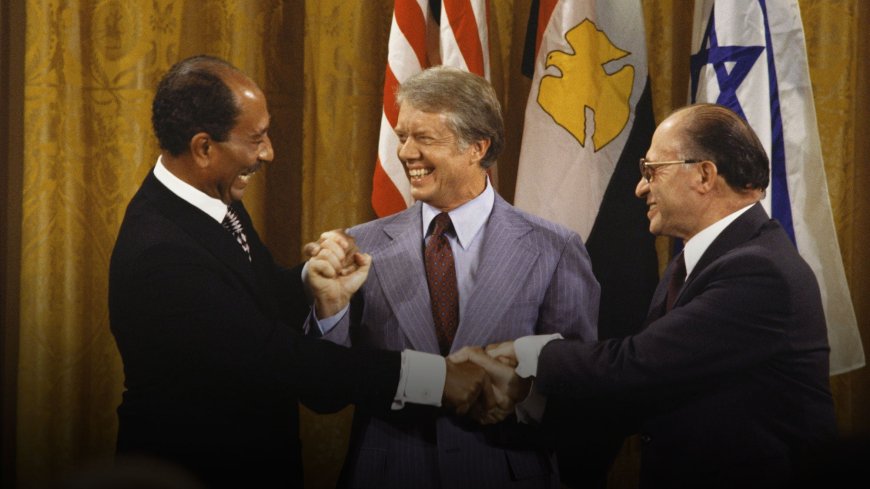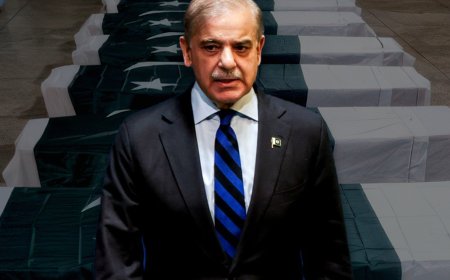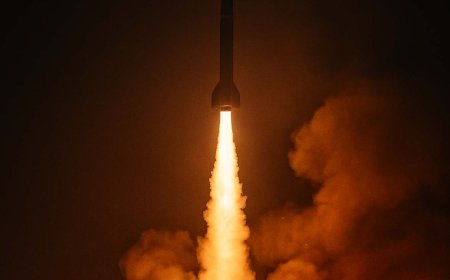Jimmy Carter and The Middle East
On December 29, 2024, the world lost Jimmy Carter, who passed away at the age of 100. Carter’s legacy is marked by profound moments of achievement and significant struggles, especially in the Middle East, where his presidency came to define much of his foreign policy.

On December 29, 2024, the world lost Jimmy Carter, who passed away at the age of 100. Carter’s legacy is marked by profound moments of achievement and significant struggles, especially in the Middle East, where his presidency came to define much of his foreign policy. His time in office saw him reach his highest peak as a peacemaker with the Camp David Accords, but also his lowest point, as a perceived weak protector of American interests during a tumultuous period in the region.
In 1977, Carter inherited a volatile Middle East, where tensions between Israel and the Arab world were high, and instability was rampant. His most notable achievement in the region came in 1978 when he brokered the Camp David Accords between Egypt and Israel. Egyptian President Anwar Sadat and Israeli Prime Minister Menachem Begin agreed to a framework for peace under Carter's mediation. The accords led to Egypt and Israel signing a peace treaty in 1979, effectively ending the threat of conflict between the two nations. This was a landmark achievement for Carter, as it significantly reduced the chances of another large-scale Arab-Israeli war, and, in turn, mitigated the possibility of nuclear conflict between the U.S. and the Soviet Union. However, the peace agreement also highlighted Carter’s failure to secure Palestinian autonomy, and his decision to exclude the Palestine Liberation Organization (PLO) from negotiations has been criticized as a major flaw in his approach to the region.

Carter's broader Middle East legacy is marked by contradictions. While he sought to promote peace, he also struggled with the complexities of Arab-Israeli relations and the realities of Cold War politics. The 1979 Iranian Revolution proved to be one of the most significant events of his presidency. As Iran’s long-time ally, Shah Mohammad Reza Pahlavi, fell from power, the Carter Administration faced the rise of the radical Ayatollah Ruhollah Khomeini, transforming Iran into a hostile, anti-American force in the region. The subsequent Iranian hostage crisis, in which 52 Americans were taken hostage in Tehran, added to the perception of Carter as an ineffective leader. Despite diplomatic efforts to secure their release, the hostages remained in captivity for 444 days, a humiliating episode that marred his presidency and contributed to his loss in the 1980 election.
The Iranian Revolution also had a ripple effect across the region, fueling uncertainty among U.S. allies like Saudi Arabia, who feared the spread of revolution. In response to growing regional instability, Carter shifted his approach, becoming more open to military intervention. This shift became evident during the Second Yemenite War in 1979, when he authorized military aid to Saudi Arabia to protect its security. However, the growing instability in the Persian Gulf, particularly with the Soviet invasion of Afghanistan in December 1979, forced Carter to adopt what became known as the "Carter Doctrine." In a speech that year, he declared that any attempt by an outside force to control the Persian Gulf would be seen as an assault on U.S. interests, with military action being a possible response. This doctrine marked a more aggressive U.S. posture in the region, setting the stage for future military interventions, including the Gulf War and the Iraq War.
Despite his best efforts, Carter's foreign policy in the Middle East remained complex and often unsuccessful in addressing the underlying issues of the region. He achieved peace between Egypt and Israel but was unable to secure a broader Arab-Israeli peace or a just resolution to the Palestinian issue. His reluctance to use force in some situations was seen as weakness, while his later embrace of interventionism laid the groundwork for U.S. policies that would contribute to decades of military involvement, war, and instability in the region.
In the end, Carter’s Middle East legacy is a study in contradictions. He was a man of peace who could not resolve the region's deepest conflicts. His presidency was marked by a belief in human rights and diplomacy, but his failure to address the Palestinian question, coupled with his hesitant interventionism, paved the way for American policies that were far more militaristic and costly in the decades that followed. While Carter himself may have regretted certain decisions, his presidency undeniably shaped the trajectory of U.S. involvement in the Middle East, for better and for worse.
What's Your Reaction?










































































































